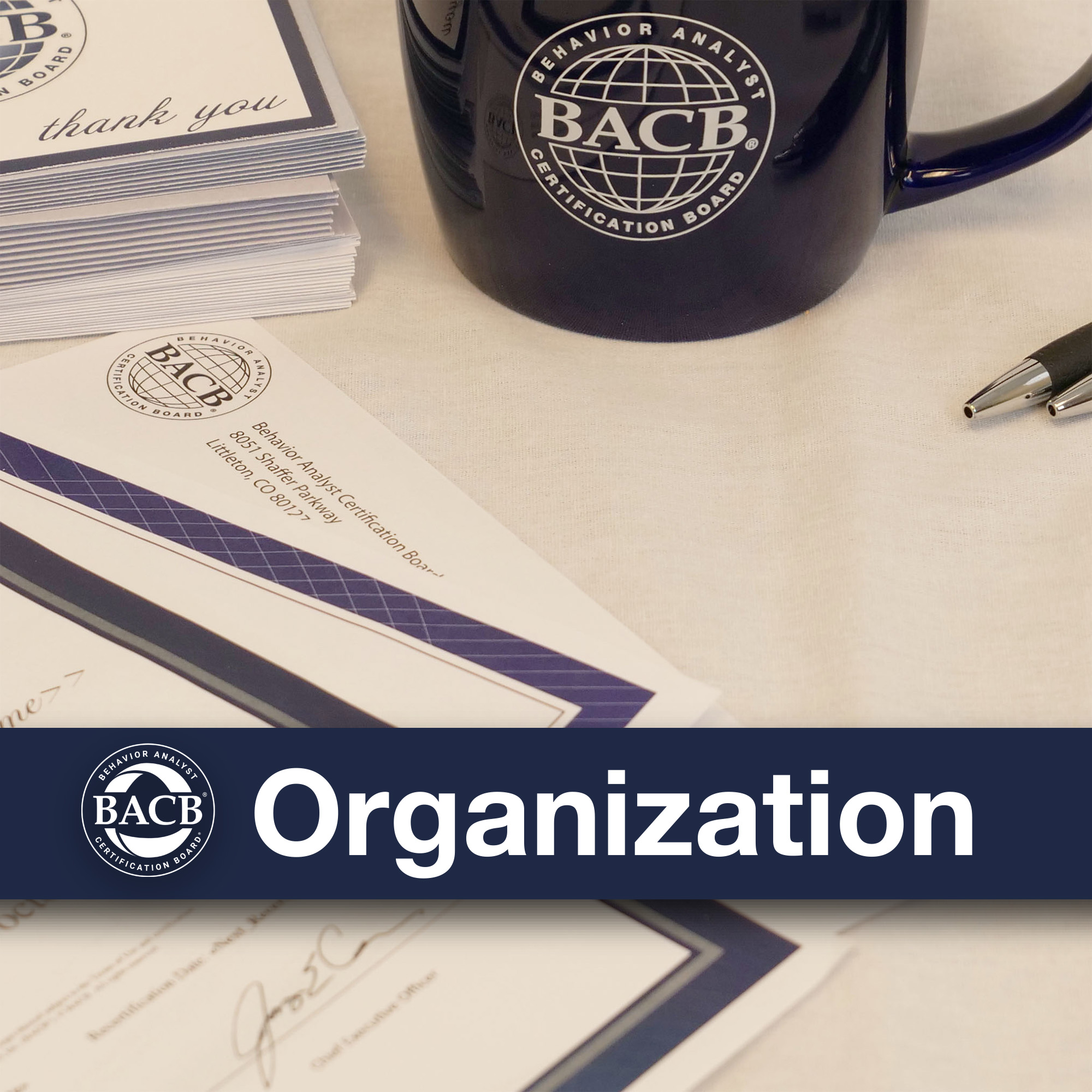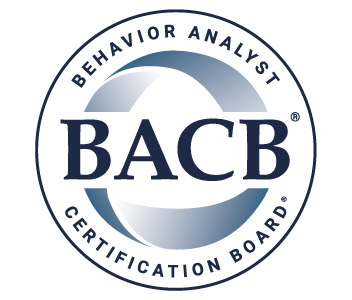Note: The information in this blog may be outdated.
"I may not have gone where I intended to go, but I think I have ended up where I needed to be." — Douglas Adams, author

Finding a specific piece of information online isn't always the easiest task. And sometimes you aren't even sure what you're looking for until you find it.
Whether you're already certified as a behavior analyst or researching your career options, the BACB website can be a valuable resource. But you may not have discovered these five time–saving gems yet.
Knowing the Numbers
When you're considering a career in behavior analysis, it's important to look at the big picture. Understanding the growth curves for RBTs, BCaBAs, and BCBAs can give you the confidence and insight to make informed choices about which certification is appropriate for you to pursue.
That's why the BACB publishes certificant trends on its Certificant Data page. You can quickly find answers to these questions:
- How many people hold certification at each level?
Our graphs show current and historical data that can help you evaluate the number of new professionals that the BACB certifies each year.
- How fast is each certification program growing?
These same graphs tell a story about the growth trajectory of each certification program. For example, by looking at the data, you can see that the number of certified RBTs has grown from 328 when it was introduced in 2014 to 71,875 in 2020. That enormous jump shows a fast–growing demand for credentialed RBTs. (Check out the Certificant Data page to see stats for BCaBAs and BCBAs.)
Staying Informed About Ethics
Understanding ethics requirements is a vital part of the profession of behavior analysis. That's why the BACB is scaling up the resources on its Ethics page.
You may already be familiar with the Ethics Code for Behavior Analysts, which outlines what behavior analysts must do—and must not do—to best protect clients and others. The Code provides guidance on many ethics–related situations you may encounter as a behavior–analytic practitioner, such as:
- avoiding conflicts of interest.
- maintaining confidentiality.
- using contracts and fees.
- implementing behavior–change programs.
- acting as a supervisor.
But there's much more to the BACB ethics resources than the Code documents. You'll also want to check out the following important sources of support for navigating ethics dilemmas.
Ethics Resources
In this section, you can access:
- Ethics–Related Newsletters
The BACB newsletter has delivered critical content to applicants and certificants since 2004. Under Ethics Resources, we've listed and linked to every newsletter that includes ethics information.
- Ethics–Related Journals and Books
Our behavior analysis ethics bibliography will save you time and legwork.
- Common Code Violations
Knowing about the common ethics violations is invaluable when supervising activities and for understanding policies within organizations. You'll find the most common ethics violations for 2018 and 2016–17 under Ethics Resources.
Reporting to the Ethics Department
If you need support in deciding whether to report a violation, you'll find what you need in this section, including:
Code–Enforcement Procedures
To learn about the steps that the BACB can take against someone's exam eligibility or certification, take a look at this section. The Code–Enforcement Procedures is your go–to resource, but you'll also see information about the types of and possible outcomes for disciplinary sanctions.
Ethics touches every aspect of a behavior analyst's professional life. The BACB's extensive ethics resources will help you obtain and maintain your certification so that you can continue changing lives.
Finding Your Behavior Analysis Subspecialty
The profession of behavior analysis is known primarily for its success in treating individuals with autism spectrum disorder and developmental disabilities. However, behavior analysis also offers opportunities in a variety of other subspecialties. Staying aware and knowledgeable about these other areas as the profession grows is a good strategy for anyone researching a career in behavior analysis.
An RBT, BCaBA, or BCBA might work with a variety of clients, including:
- patients in mental health clinics.
- children or adults with developmental disabilities.
- children and teenagers in school settings.
- older populations in their homes or in care facilities.
- organizations that need guidance with safety, leadership, or performance.
To learn more about areas that would interest you, the BACB has published a library of informative videos and fact sheets focusing on a wide range of behavior analysis subspecialties.
Each BACB video features a subject matter expert who shares details about working in the subspecialty, such as problems a behavior analyst might treat and the science behind those methods. For example, if you like the idea of helping to improve performance in the workplace, you can learn about organizational behavior management (OBM) from Dr. John Austin, a leading expert in the field. He shares how research has shaped the industry and allowed OBM practitioners to empower employees and leaders for success.
If you want to see a snapshot of each subspecialty and associated sub–areas with resources and recommended reading, check out our handy Subspecialties Areas document.
Staying in the Know
We know that waiting is one of the hardest parts of obtaining certification, especially when submitting applications or other electronic documents. That's why our Customer Service team shares daily updates about processing times on the BACB website. Our team processes materials in the order they are received, so you can be sure we'll get to yours as soon as possible.
For example, if you submitted your renewal application electronically on May 20th, you can check the Customer Service page regularly to see if we're processing materials received on that date yet.
In addition to processing times, you'll see instructions for system errors or notifications related to your BACB account.
Still haven't found what you need? The Customer Service page also includes links to frequently accessed resources for each certification, such as renewals, requirements, and applications.
Taking Advantage of the Data
The BACB Resources page provides a wealth of information about job demand, BACB activities, past ethics violations, and much more. Here's what you'll find:
- Employment demand for behavior analysts
When you're researching a career in behavior analysis, it can be helpful to investigate state–specific data. The BACB provides two reports showing demand for behavior analysts from 2010 to 2019 and from 2012 to 2014 by state.
- Ethics violations data
While the BACB Ethics page is the go–to source for ethics requirements and violations, you'll find unique information on the BACB Resources page. A Summary of Ethics Violations and Code–Enforcement Activities: 2016–2017 tells you what kinds of code-enforcement activities occurred during the two years after the Ethics Code was released.
- BACB–authored publications
Check out numerous journal articles related to the profession of behavior analysis, including history, requirements, training, education, and much more.
Finding the right links, documents, and data doesn't have to be an accident. Bookmark these indispensable BACB resources to stay in the know and save time.

